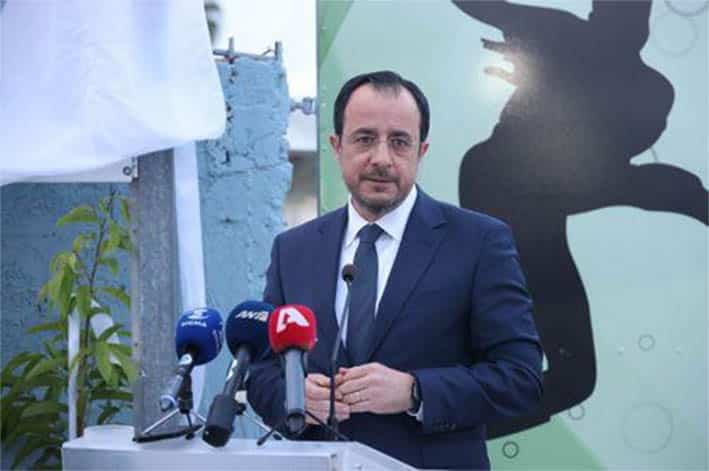Presidents of the Republic have always tended to act as a mediator/facilitator in disputes – the man who will knock heads together, make people act sensibly and make them compromise so that sticky problems could be overcome. This, at least, was the theory, in line with the narrative that the president saw the bigger picture and would advise what was in the best interest of the country.
The formula was not always successful but even when it produced a result, this was not in the best interest of the country. It was at a presidential palace meeting, for example, that it was decided to completely redraw plans for Tseri Avenue, because local shopkeepers were protesting, while the interests of all drivers using the road were ignored. In the case of the dispute about the milk content of halloumi, there were countless meetings at the presidential palace with stakeholders, under the last two presidents, with nothing ever being agreed upon.
While for domestic issues the presidential palace meeting may work, it is not a very good idea when big companies from abroad are involved in a dispute with the authorities. Ministers should be left to deal with such matters, even if they are in consultation with the president. Last month, when Kition Ocean Holdings refused to pay the €10m operation and maintenance guarantee for Larnaca port and marina, its representatives were invited to the presidential palace to discuss the matter with president Christodoulides. It was agreed that the company would pay €4.3m by the end of April, a payment it has still not made.
It did not make the president look very good. The overriding impression was that he had been taken for a ride by Kition’s representatives, who had shown a complete lack of respect for him. Why had he not left the matter to the Transport Minister Alexis Vafeades, who was the responsible minister and dealing with from the start? Did he not trust his minister, or did he want to appear as the problem solver, which it turned out he was not. On Monday, after the public row between the CPP Metron Consortium (CMC) and the state company Etyfa, Christodoulides met China’s ambassador Liu Yantao to try to solve the big problems that had surfaced over costs, but the only thing agreed was not to make public statements.
The president, once again intervened, supposedly to save the day, when Energy Minister George Papanastasiou was handling the matter. It was, in a way, a vote of no confidence in his minister, who was at the meeting and perfectly capable of meeting the Chinese ambassador on his own. A similar thing happened with the US oil giant Chevron, which was in dispute with Papanastasiou over work that would be done at the Aphrodite gas field. Christodoulides saw the company’s top brass, but the dispute remains.
This long tradition of the president as deus ex machina needs to end. It serves no practical purpose, creates the impression that ministers cannot do their job and that state services cannot handle their responsibilities.







Click here to change your cookie preferences